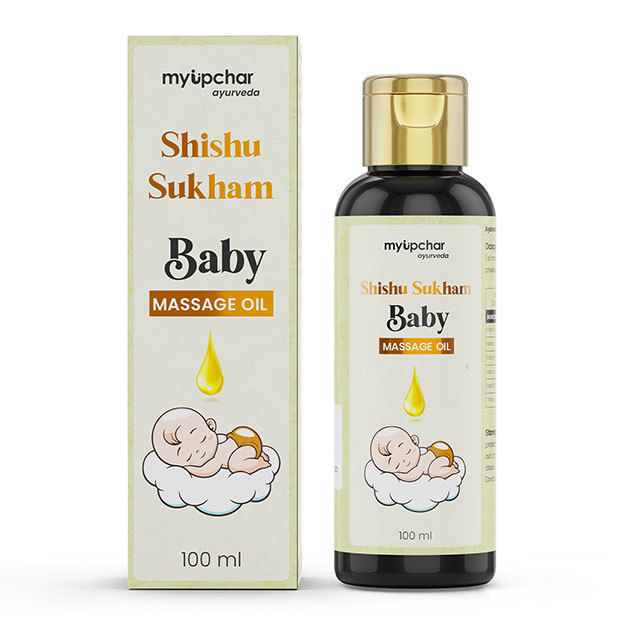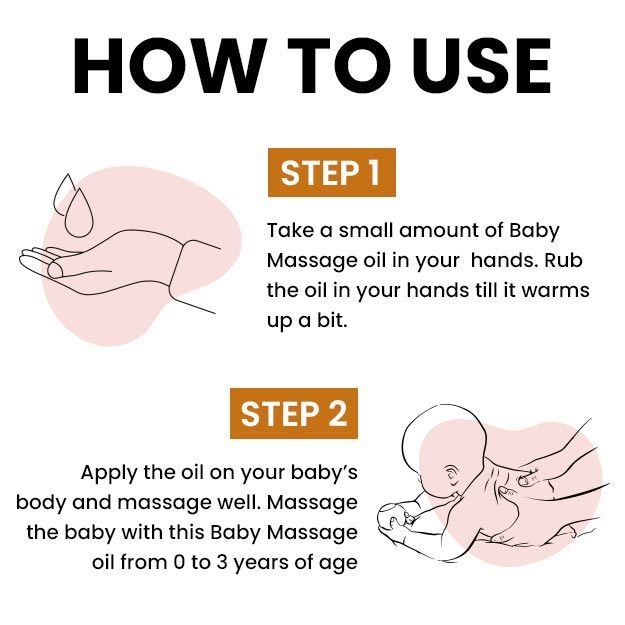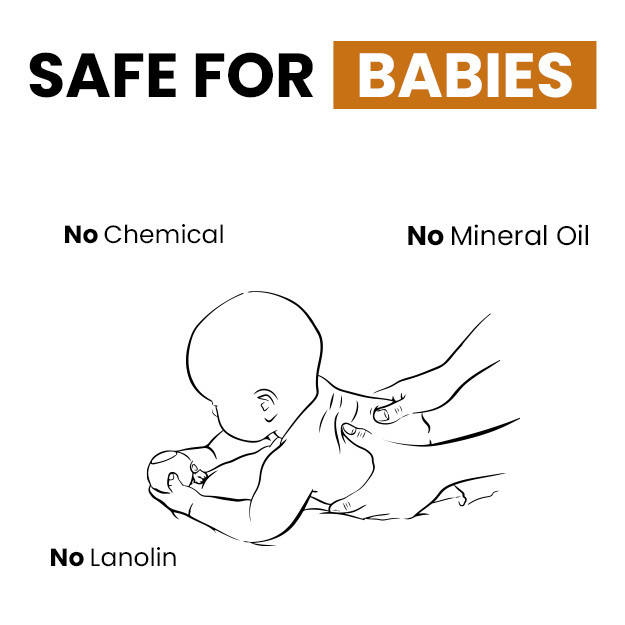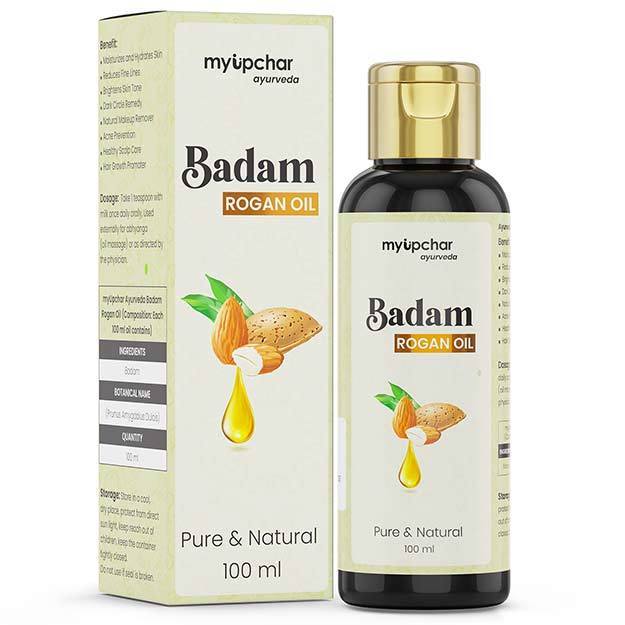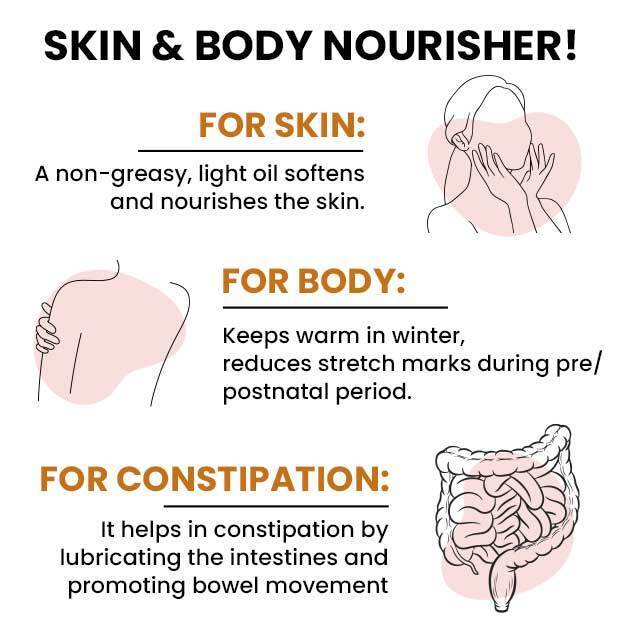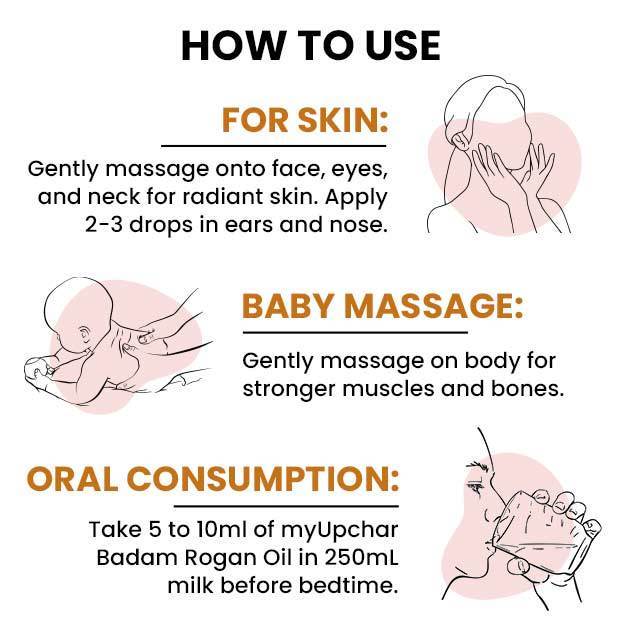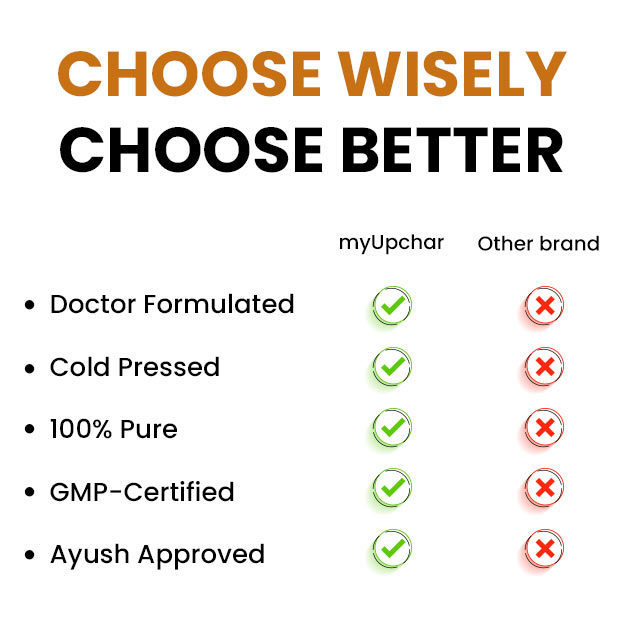Infection
Sometimes babies start having stomach ache even when they have colds and flu. Sometimes more mucus starts forming in the upper part of the respiratory system of the baby, which can go from the throat to the stomach of the baby and spoil his stomach.
What to do?
The treatment is done on the basis of infection. In such a situation, talk to your doctor.
Milk Indigestion
Due to lack of lactase in the body of the baby, he may have the problem of indigestion of milk. Lactase is an enzyme formed in the body, which is necessary to digest the sugar present in cow's milk and other dairy products.
(Read more - Home remedies to get rid of mucus)
What to do?
If this happens, do not give milk or milk products to your children for a few days.
Motion Sickness
If your baby is sick during the journey, he may have motion sickness. This is the cause of stomach problems in your baby. But the problem of motion sickness is very rare in babies under two years of age.
What to do?
If the baby has a problem of motion sickness, you should stop for short periods of time during your long journey. This allows the baby or child to get fresh air. Also, ensure that the baby has eaten some food before the journey. In case of motion sickness, consult a doctor before giving any kind of medicine to the child.
(Read more -How to Strengthen Your Child's Immune System)
Intestinal Blockage
If your baby is fine, and after a while he starts crying loudly, then this could be a symptom of intestinal blockage. There are two types of blockage in the intestines in the baby: pyloric stenosis (pyloric stenosis: the muscles connecting the stomach to the small intestine become thick, due to which food is not able to pass through it.) and intussusception (intussusception: the intestinal lining folds inwards.). Other signs of this condition include vomiting in the baby and these symptoms increase with time.
What to do?
If the baby has such a problem, you should immediately take him to the doctor.
(Read more - Common cold in babies)




